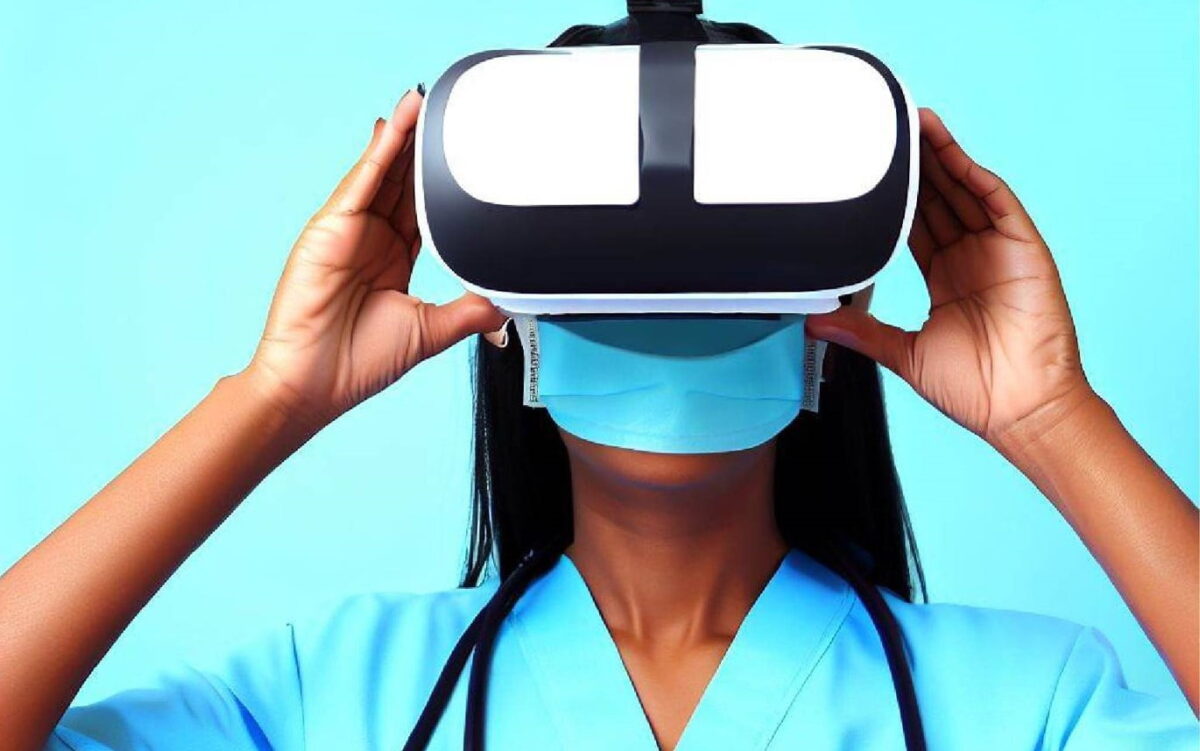
VR training leads to improved outcomes in nursing education
A new study suggests that nursing trainees learn more effectively with virtual reality than in traditional training.
VR training partially superior to traditional practice
The researchers divided the study participants into two groups. A control group received conventional clinical practice and an intervention group received immersive VR training.
The researchers then compared the participants’ performance in several areas of nursing practice, including infection control, initial assessment, and oxygen therapy. Results showed that the VR training group performed significantly better than the control group in these areas.
Cieslowski said in a press release, “The use of VR continues to grow in clinical nursing practice; however, the existing body of evidence on VR, especially immersive virtual reality, is limited.”
Rising demand for nursing education
Globally, the demand for qualified nurses is growing and more people are enrolling in nursing schools across the country. According to the American Association of Colleges of Nursing, there is a high demand for clinical training positions in pediatrics. Places are limited, however. That comes with the risk of a lack of practical experience. Cieslowski is optimistic.
“These preliminary results offer promise and demonstrate the potential of immersive virtual reality in the future of nursing education and preparing the workforce of the future,” said Cieslowski.
The idea of training medical professionals in virtual reality is not new. For example, Osso VR, the VR training app for surgeons, has received several million dollars in investment, and a Welsh company is working on Mediverse, a VR platform for aspiring medical professionals.
Credit: https://mixed-news.com/en/vr-training-leads-to-improved-outcomes-in-nursing-education/

